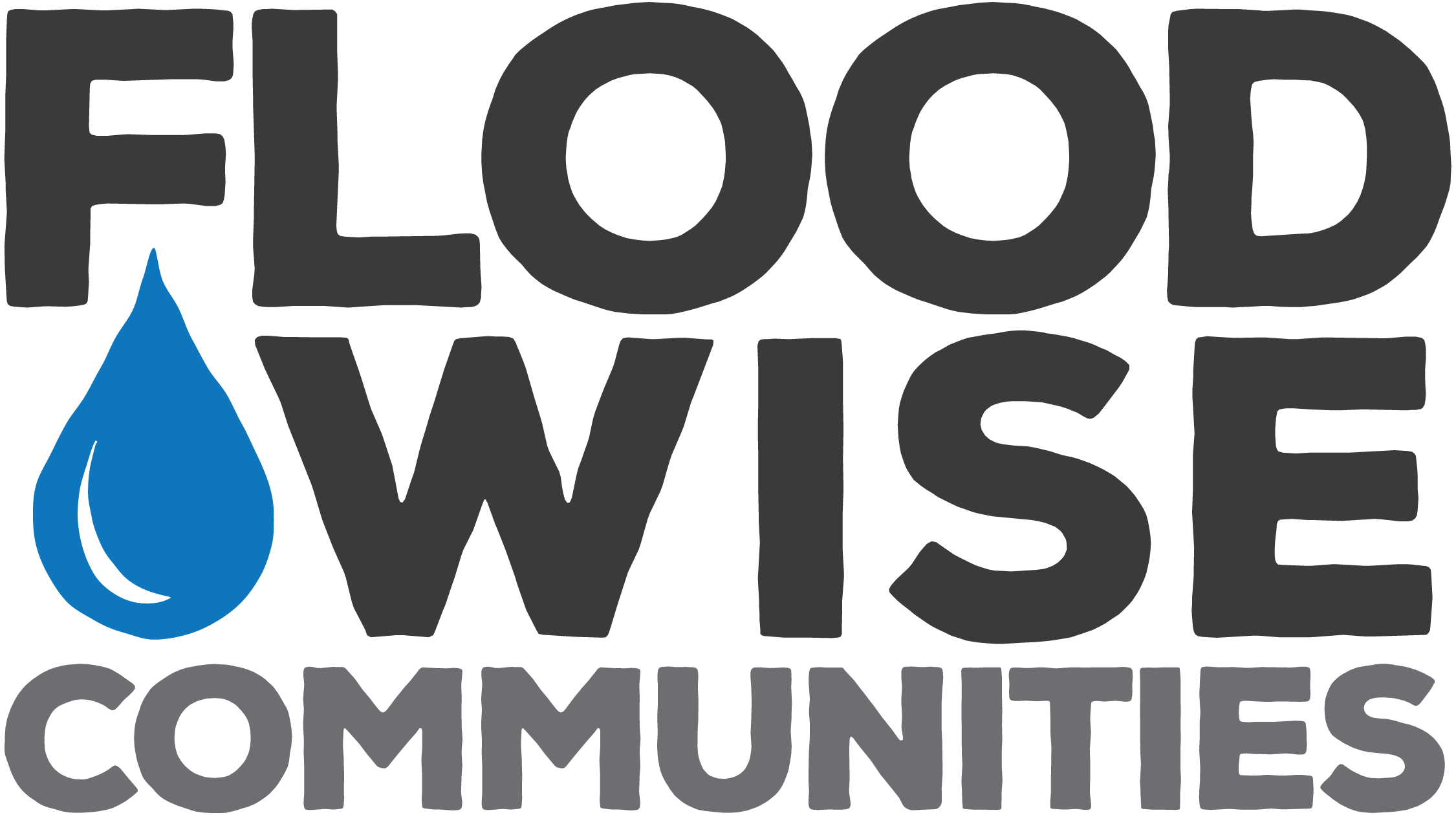Meet our team.
Our project team has been supported over the years by a number of scientists, researchers, and practitioners. See below to learn more about those who continue to support and contributed to our most recent phase of FloodWise Communities.
Engagement team
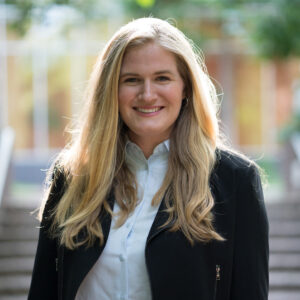
Dr. Natalie Herbert is a Research Scientist in the Department of Earth Systems Science and at the Doerr School of Sustainability at Stanford University. Her research investigates decision-making in the face of environmental risk. Dr. Herbert earned her PhD in communication at the University of Pennsylvania, where she studied how to communicate scientific uncertainty. Dr. Herbert was a 2020 Christine Mirzayan Science and Technology Policy Graduate Fellow at the National Academies of Sciences, Engineering, and Medicine; she was the Rosenblith Fellow in Policy and Global Affairs and the InterAcademy Partnership. As a FloodWise Communities partner, Dr. Herbert co-leads community recruitment, engagement, experimental design and data analysis.
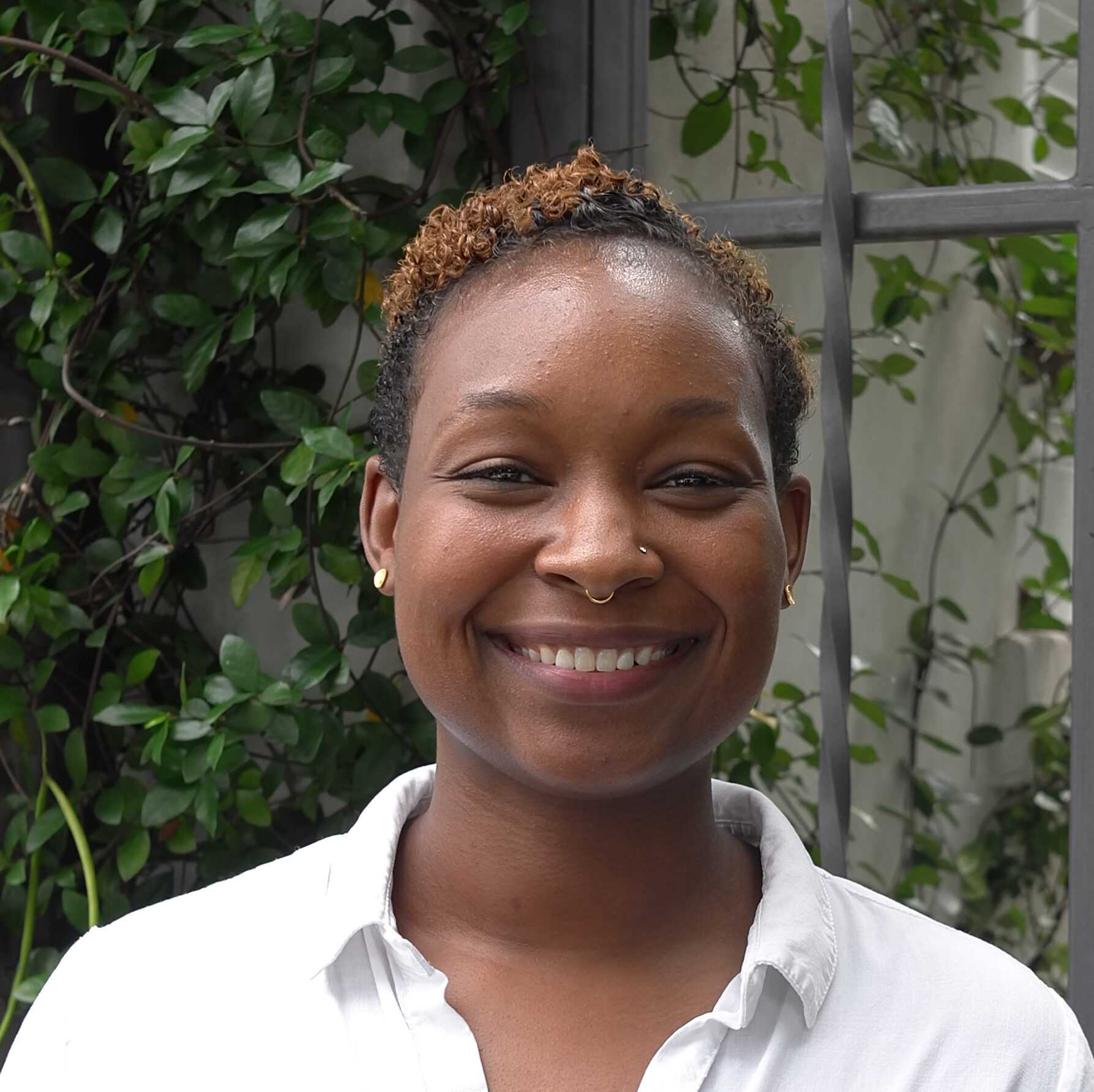
Teal Harrison is a Climate Resilience Specialist with Adaptation International who is specialized in coastal science, flood resilience and community engagement. An advocate for equitable climate change adaptation, Teal works with communities in the Gulf South to assess climate risk and proactively plan for future storms, floods, and coastal hazards. She has a Bachelor’s degree in Behavioral Biology from Johns Hopkins University, a Master’s degree in Ecology and Evolutionary Biology from the University of Michigan, and is an Environmental Fellows Program alum. As a FloodWise Communities partner, Teal co-leads community recruitment, engagement, and training.

Sascha Petersen is the founder of Adaptation International and has been working specifically on enhancing resilience to extreme weather and changing climate conditions for more than 15 years. He has worked with both climate scientists and municipal governments and focuses on bridging the gaps between climate change science, policy, and action including collaborations with dozens of communities across the country. Sascha has a Bachelor’s degree in physics from Pomona College and a Master’s degree focusing on climate change science and policy from the University of Washington. Sascha co-leads the engagement and training components of the FloodWise Communities project.
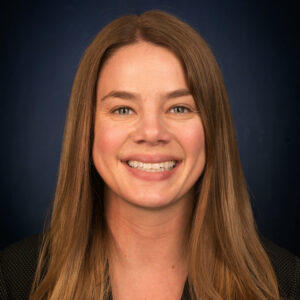
Dr. Jenna Jorns is the Co-Director for GLISA at the University of Michigan where she provides day-to-day leadership and administration of GLISA’s operations. She specializes in tailoring climate information in a transparent and collaborative way to meet the needs of regional decision makers. She has a PhD in Geosciences from Princeton University, where she studied the response of marine phytoplankton to increasing carbon dioxide concentrations, and a B.S. in Biochemistry from the University of Illinois at Urbana-Champaign. As a FloodWise Communities partner, Dr. Jorns coordinates project team partner institutions, leads reporting, and participates in community recruitment.

Dr. Simone Domingue is an Assistant Professor of Research at Louisiana State University in the Department of Geography and Anthropology. Dr. Domingue studies the social, cultural, and political factors influencing climate adaptation and disaster response. Her aim is to support socially-just climate and disaster planning and decision making through research that is both theoretically informed and community engaged. As part of the FloodWise Communities project, Dr. Domingue co-facilitated stormwater vulnerability assessment workshops and also co-lead qualitative data collection and analysis.
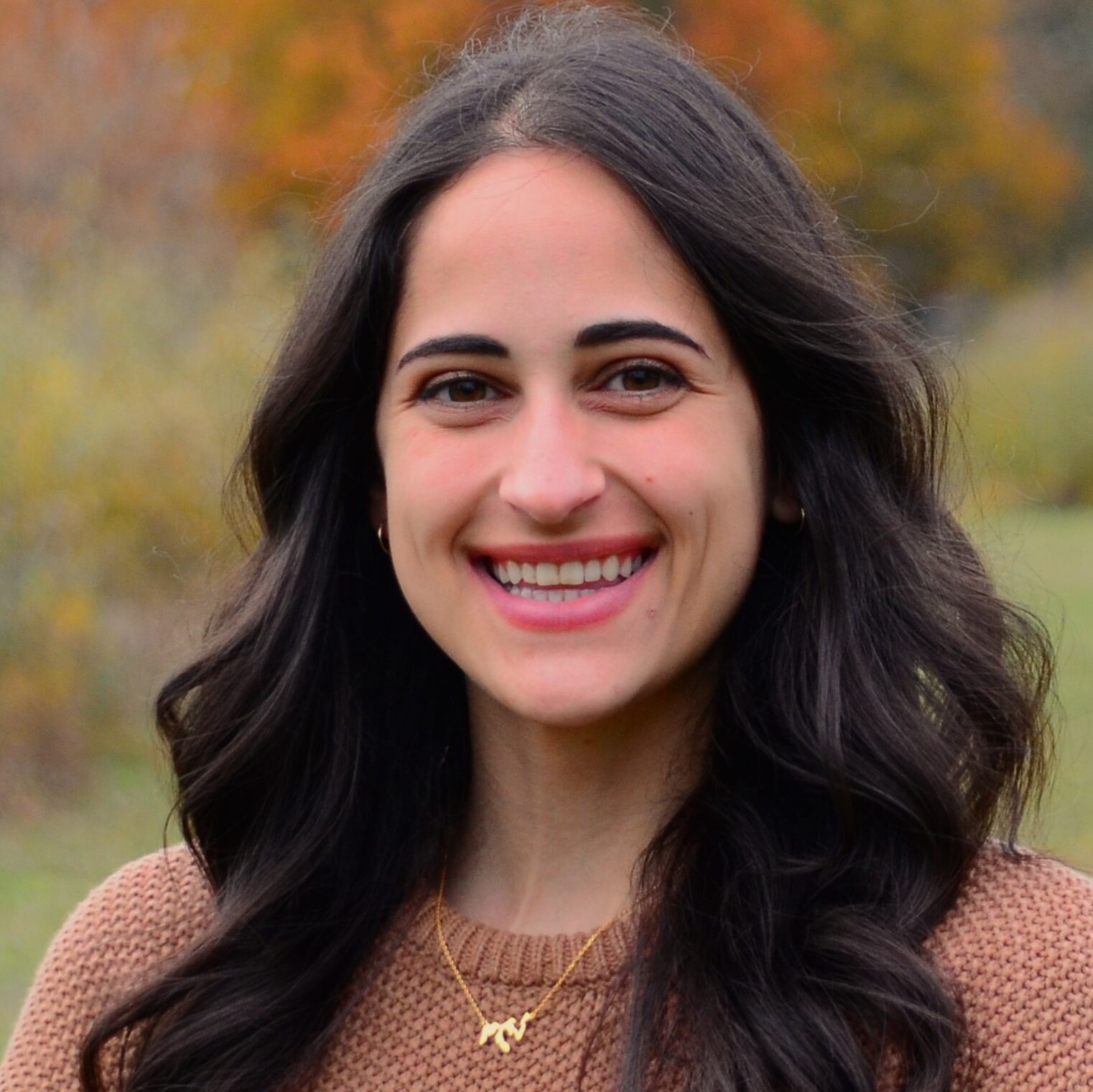
Tori Field is a Sustained Engagement Specialist for GLISA at the University of Michigan where she focuses on building and maintaining relationships with communities most impacted by climate hazards. She has first-hand experience working with stormwater systems and engaging a range of partners in the Great Lakes region, including municipalities and community groups. Tori has a Master’s degree in Environment and Sustainability from the University of Michigan and a Bachelor’s degree in Communications and Environmental Studies from Grand Valley State University. As a FloodWise Communities partner, Tori supports community recruitment and engagement in the Great Lakes region.
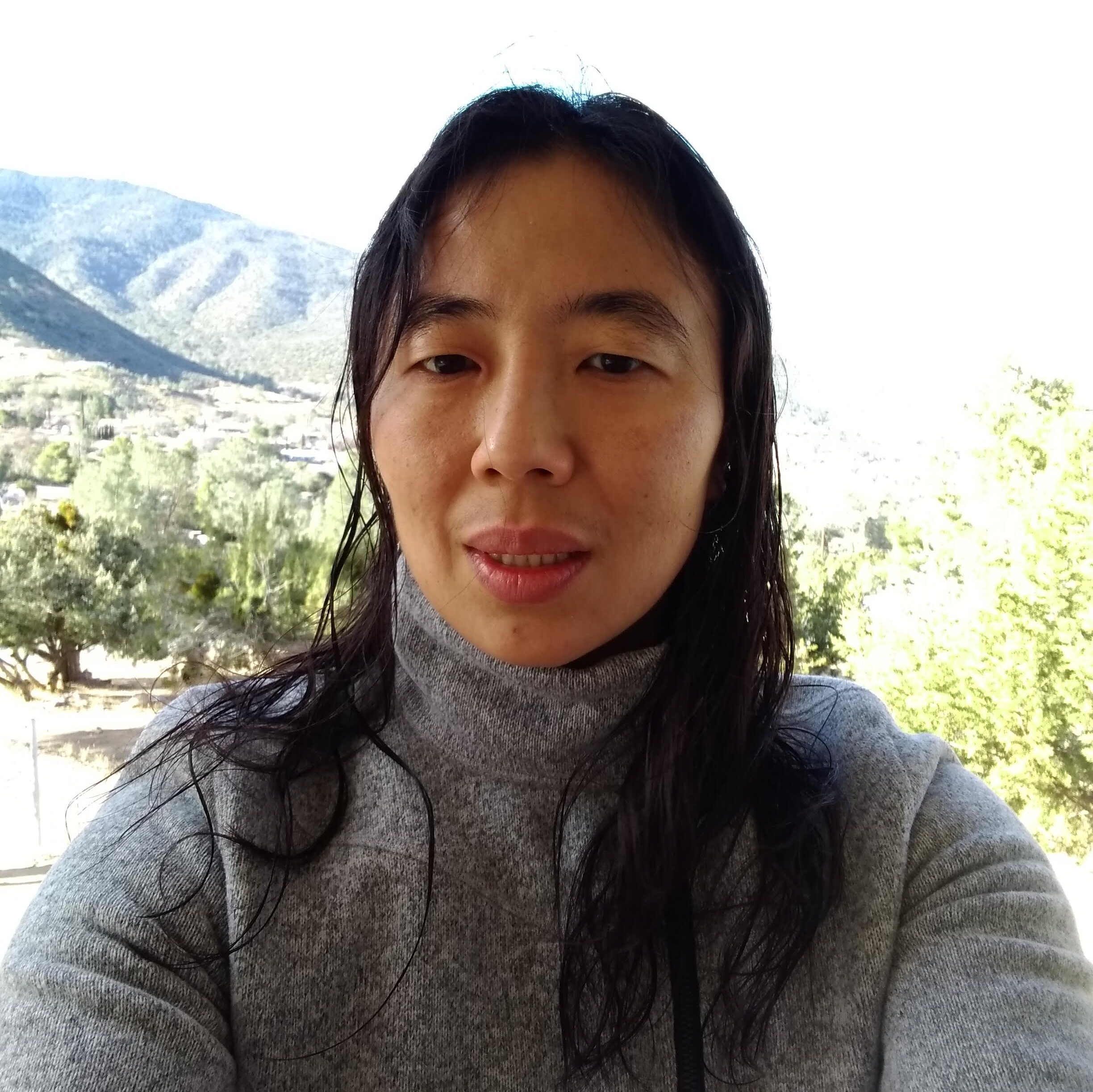
Dr. Erica Akemi Goto is a Research Assistant at the Arizona Institute for Resilience at the University of Arizona. Her research focuses on aspects of vulnerability, climate adaptation, and international development, employing a mixed-methods approach. She holds a Ph.D. in Geography from the University of California, Santa Barbara, where she assessed risk and vulnerability in Brazil and California. As part of the FloodWise Communities project, she co-facilitated stormwater vulnerability assessment workshops and co-led data collection and analysis while a Postdoctoral Researcher at the University of Michigan with GLISA.
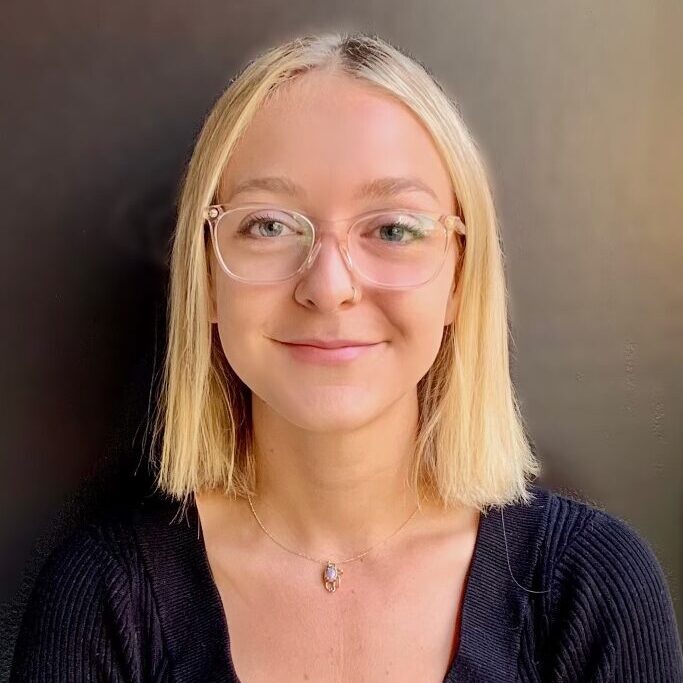
Lisa Maillard is a recent Master’s graduate of the School for Environment and Sustainability at the University of Michigan in Environmental Behavior, Education, and Communication, and is currently pursuing a doctorate with Dr. Maria Carmen Lemos in the same School. Her research interests lie in the scaling up of actionable knowledge engagements, particularly in the climate arena. As part of the FloodWise Communities project as a Research Assistant with GLISA, she co-facilitated stormwater vulnerability assessment workshops and supported data collection and analysis.
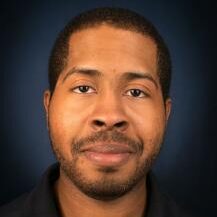
Omar Gates is a Climatologist for GLISA at the University of Michigan where he provides climate information and data to researchers and decision-makers throughout the Great Lakes region using a co-production approach. He has experience engaging directly with city practitioners and Tribes & Indigenous communities and developing and curating climate data tools and resources. Omar received both his M.S. in Atmospheric Science and B.S.E. in Meteorology from the University of Michigan. As a FloodWise Communities team member, he co-facilitated stormwater vulnerability assessment workshops and contributed to the development of regional and city climate summaries.
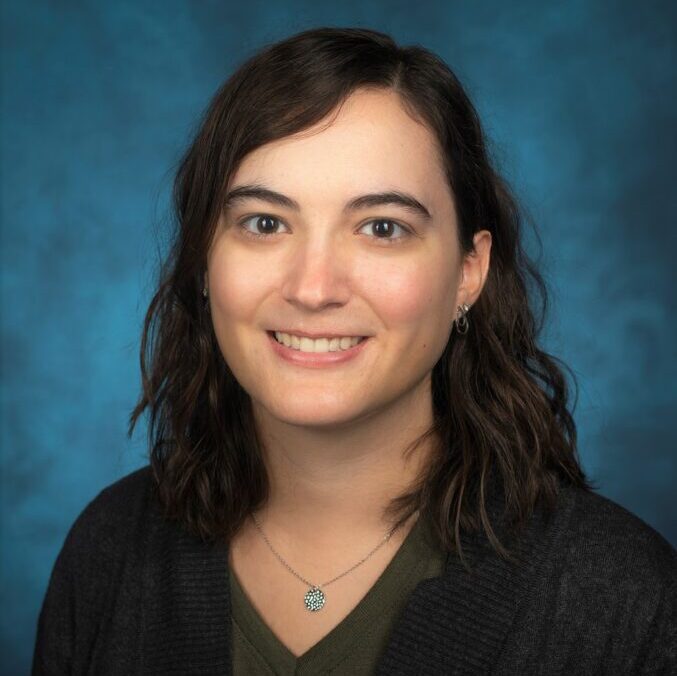
Kim Channell is a Climatologist for GLISA at the University of Michigan where she supports various projects and products throughout the Great Lakes region. Her recent work includes the development of an annual climate summary under the Great Lakes Water Quality Agreement, a sustained assessment of lake levels, and ongoing collaborations with Great Lakes cities to incorporate climate information into their municipal planning and decision-making. Kim received an M.Eng. in Applied Climate and a B.S.E. in Earth System Science and Engineering, both from the University of Michigan’s Climate and Space Sciences and Engineering Department. As a FloodWise Communities team member, she co-facilitated stormwater vulnerability assessment workshops and contributed to the development of regional and city climate summaries.
Research team
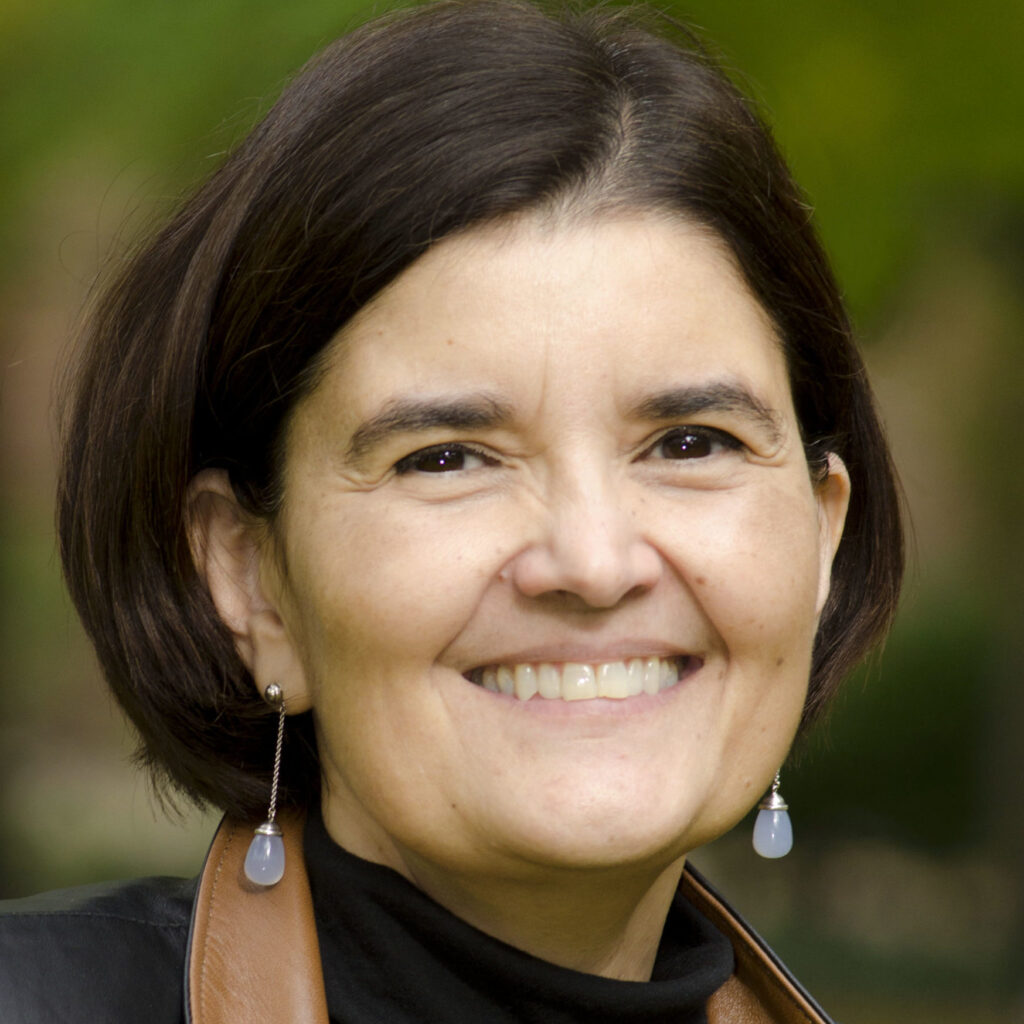
Dr. Maria Carmen Lemos is Professor at the School for Environment and Sustainability (SEAS) and co-Director of the Great Lakes Sciences and Assessments Center (GLISA) at the University of Michigan, Ann Arbor. Her research focuses on the use of scientific knowledge in environmental public policymaking in Latin America and the U.S., especially related to climate change (adaptation and adaptive capacity building) and the co-production of science and policy (the different means to narrow the gap between useful and usable knowledge). Dr. Lemos is the lead Principal Investigator for the Floodwise Communities project, is responsible for overall project direction and execution, and leads the adaptive capacity team.
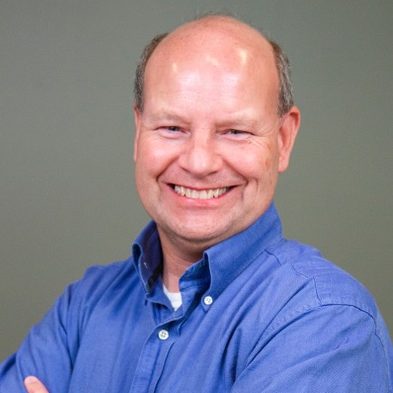
Dr. Mark Shafer is the Deputy Director of the Southern Climate Impacts Planning Program (SCIPP), a regional program funded by NOAA RISA to work with communities in the South Central U.S. to prepare for extreme events and adapt to climate change. His research interests focus on natural hazards and inclusivity of people in hazard planning processes. Dr. Shafer is a co-Principal Investigator on the FloodWise Communities project, developing tailored climate profiles for all participating communities.
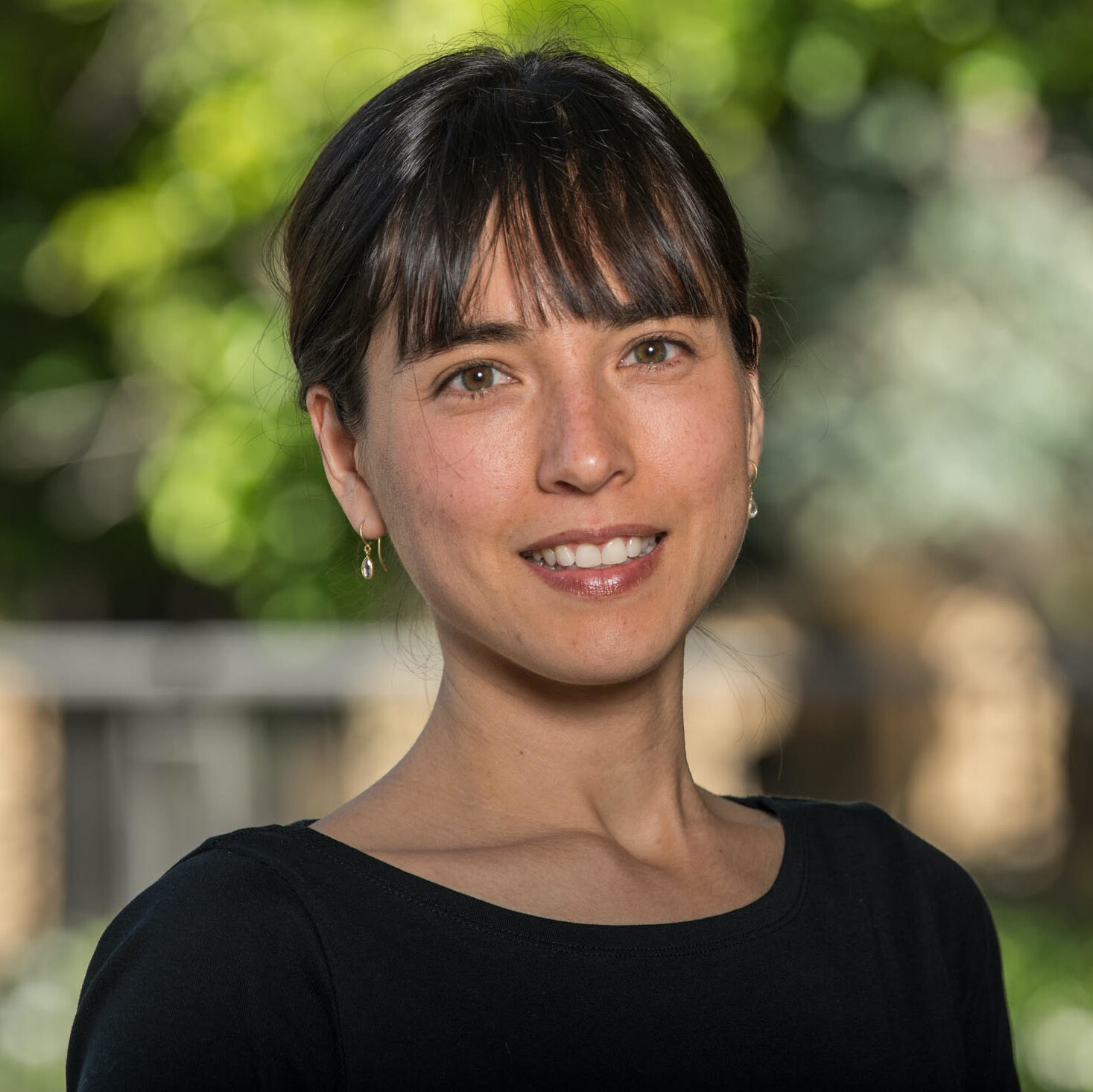
Dr. Gabrielle Wong-Parodi is an Assistant Professor in the Department of Earth System Science and a Center Fellow at the Woods Institute for the Environment at Stanford University. She has theoretical, methodological, and practical training in the decision sciences (BA in Psychology and MA, PhD in Risk Theory, Communications and Perceptions from UC Berkeley; postdoc, research scientist/faculty at Carnegie Mellon University). Her research applies behavioral decision science research approaches to understand responses to global environmental change and develop evidence-based strategies to meet the challenge of that change. Dr. Wong-Parodi is a co-Principal Investigator on the FloodWise Communities project, bringing her expertise to bear for the project in experimental design, survey development and deployment, data analysis and providing mentorship to students and postdocs.
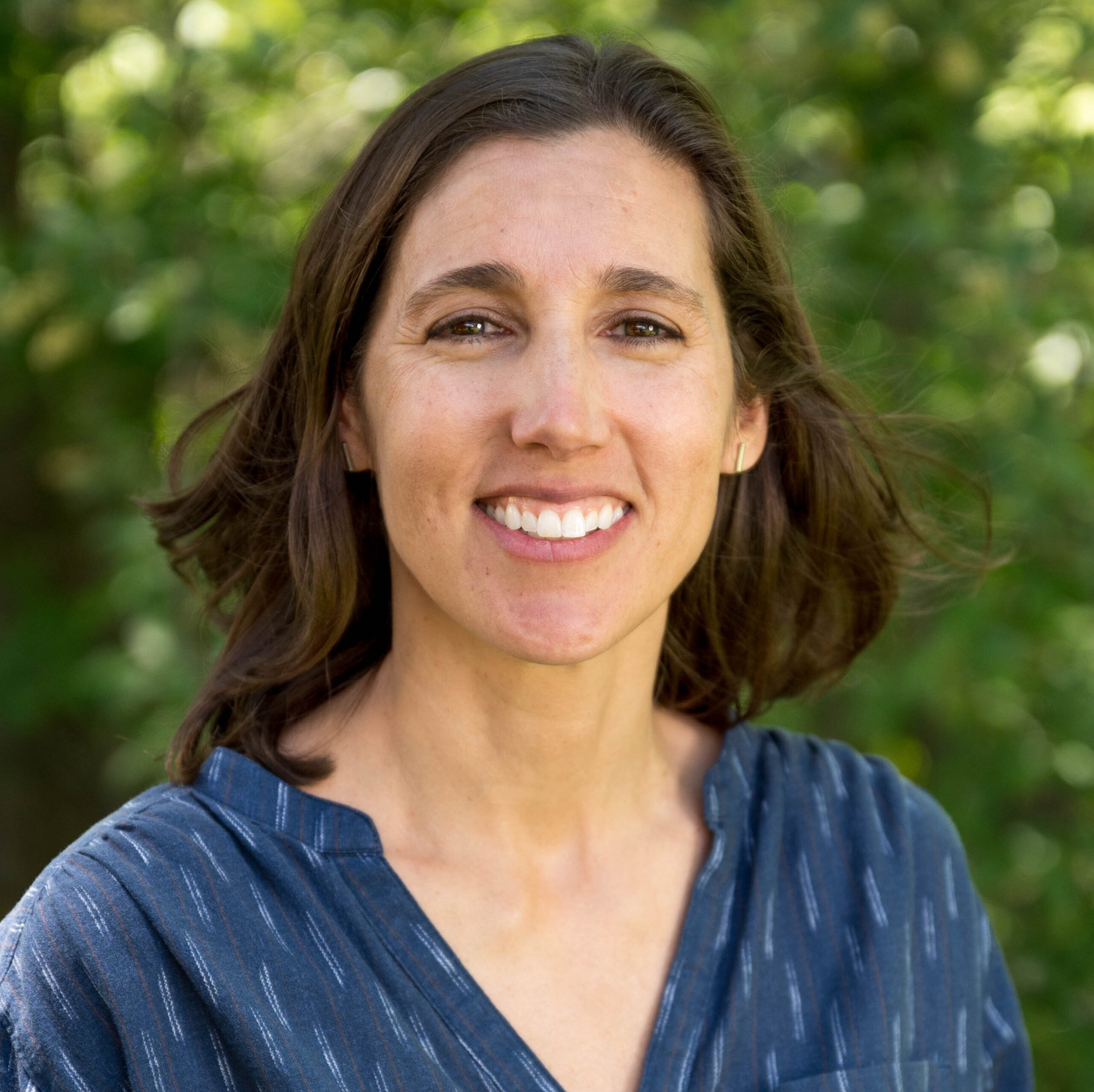
Patty Hernandez is cofounder and Executive Director of Headwaters Economics, an independent nonprofit that works to improve community development and land management decisions. Patty has partnered with leaders from communities across the country to advance solutions that benefit people and the environment. She holds a Master’s in Ecology and has led Headwaters Economics’ work in climate adaptation and interactive data tool development, including the recent launch of the Neighborhoods at Risk and Wildfire Risk to Communities tools and the organization’s new community flood assistance program. Patty is a co-Principal Investigator on the FloodWise Communities Project, developing tailored socioeconomic profiles through Neighborhoods at Risk and co-leading the online tool development, engagement and training components of the project.
Additional team members
Scott Kalafatis
Consultant
University of Michigan
Sarah Fendrich
PhD Student
Stanford University
